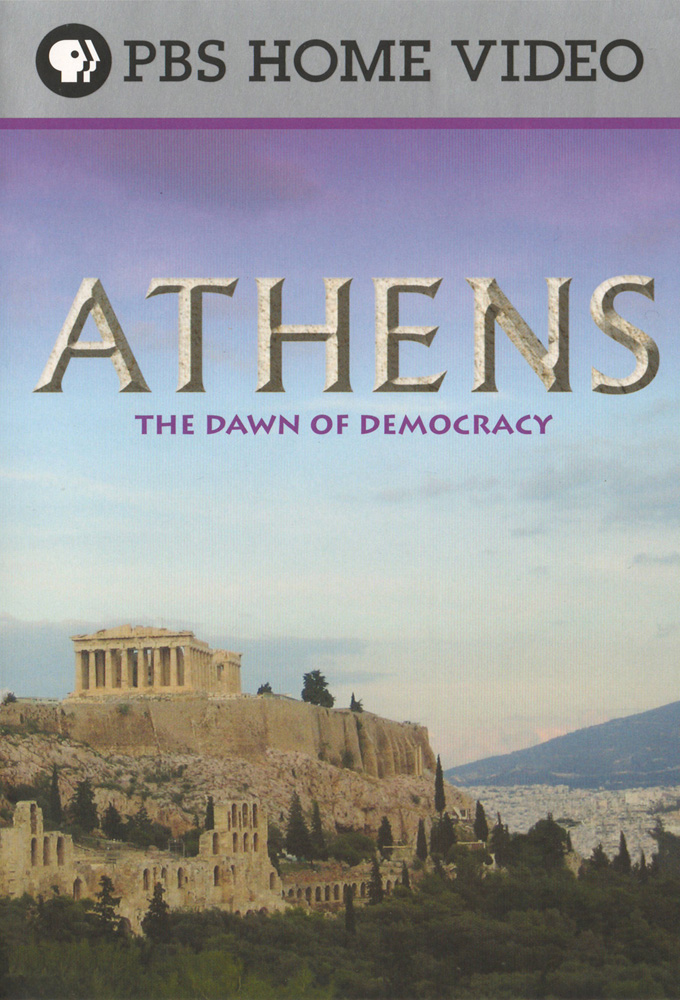
Athens: The Dawn of Democracy
When most people in the West think of the Golden Age of Athens, they think of a shining society founded on the principles of equality, free speech and democratic ideals. They venerate Ancient Greece as the cornerstone of Western civilization. It is true that this period saw the rise of philosophy, the flourishing of the arts and the creation of a great political ideal. Yet, Athens became a warlike state that carved out an empire to enrich itself, an empire that couldn't tolerate criticism from within. At the same time that Athenians reached new intellectual heights, they practiced "black magic" and created a society where one in three Athenians was a slave, many separated from their families and sterilized. Not only were women denied the vote, they were considered demonic and compelled to veil themselves outside their homes. Rhetoricians practiced modern "spin control" as an integral part of democracy, and no two years went by that Athenians didn't vote to go to war. If Americans were to follow their example, we'd have a different president every month, and each of us would take our turn in Congress. How did a barren rock wedged between east and west become the home of this most radical and extraordinary experiment in government? What allowed democracy to take hold and grow roots? Hughes discovers what was really going on in Golden Age Athens and asks whether our image of Athenian democracy really lives up to its reputation.
Track 0 trackers | Status: Ended | Airs on PBS | Monday 9:00 PM
- Season 1